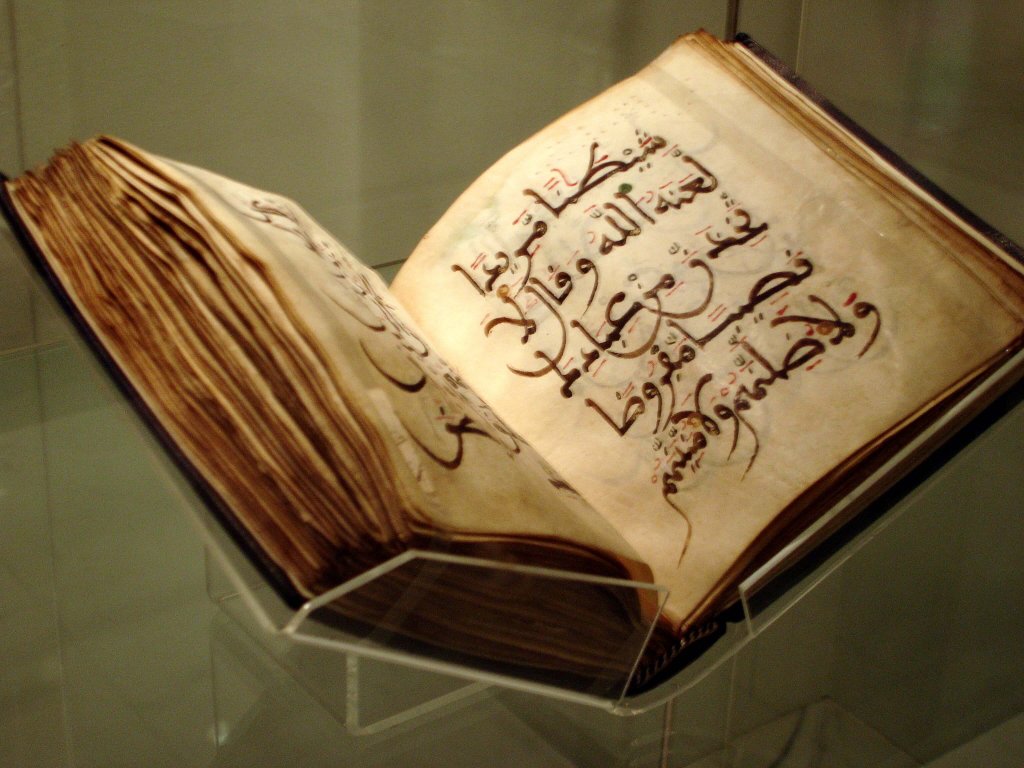Language has always played an essential role in the dissemination of religion across the globe, and many religions still have a ‘sacred’ language attached to them, for instance, classical Arabic for Islam, or Hebrew for Judaism.
Acquiring a religion too, can also involve learning elements of a different language, or certain syntax variations, due to the historical nature of many texts attached to older religions.
Likewise, religious ceremonies often use language, or certain speech patterns, designed to have subtle effects on the sensibilities of listeners and participants.
At a basic level then, language and religion are closely linked. But what about religious translations? Are they still worthwhile, still needed in today’s world?
The answer to this question lies perhaps, in the diverse global culture we enjoy today; our ability to move freely and quickly around the world, communicate with others in far flung places at the touch of a button, and to share experiences in an instant, which would suggest that language plays a vital role in our modern world.
Religion also, stills features significantly in day-to-day life for many people, and we find that most religions now have less geographical specifications due to our global communication networks – it is more common to find British Muslims, Christian Arabs, American Buddhists or Chinese Catholics.
This diversity gives rise to a need for religious translations. An English speaking person, who has converted to Islam, often needs to immerse themselves in the Arabic language in order to better understand the Qur’an, recite prayers in Arabic and memorise the Qur’an. This gives a greater understanding of what Islam is, how generational changes have impacted the religion, and gives valuable context to the religion. Until they have learnt to speak, and understand Arabic at any depth, they would require a translation of their chosen religion.
Likewise, an American who finds solace in Buddhist theologies might wish to study the Tibetan language in order to gain an understanding of monastic life, prayer, or meditation, but would first need a basic grasp of their principles, via a translation.
The initial contact with most religions, for non-native speaking people, is usually found through a translated text.
The bible has now been translated into 3,312 languages (made up from the full bible translated into 670 languages, the New Testament into 1,521, and bible stories into 1,121 other languages.
The Qur’an is similar, having been translated into most major African, Asian and European languages, and Confucian texts, Hindu Vedas, and the Sikh’s Guru Granth Sahib, have all been translated into multiple languages and dialects.
Religious translations are vital in permitting non-native speakers an opportunity to explore and understand different religions, religious perspectives, practices and context.
Spiritual connection is facilitated through modern translations of religious texts, giving deeper comprehension, knowledge and faith, to those readers that would otherwise be denied an opportunity to explore new religions.
If you are interested in religious translations, please contact Creative Word to discuss your requirements.












